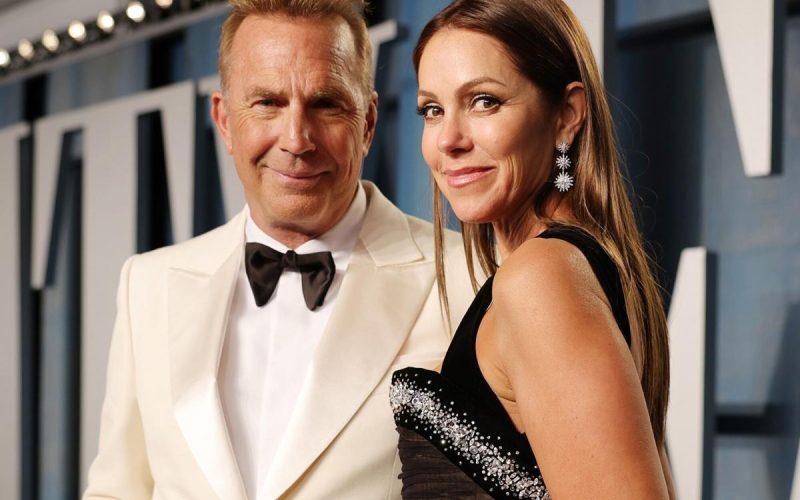Embarking on the journey of dating after divorce at 40 is both a daunting and exhilarating experience. It marks a period of self-discovery, growth, and the gradual rebuilding of trust in oneself and others.
Understanding Dating After Divorce at 40
The complexities of dating after divorce at 40 requires a nuanced understanding of the emotional, psychological, and practical aspects involved.
Challenges Faced in Dating After Divorce
Dating at 40 presents a unique set of challenges, including:
- Navigating Modern Dating Apps: Learning to navigate the world of online dating can feel overwhelming, especially for those who haven’t been single in a long time.
- Redefining Identity: After a divorce, individuals may struggle to redefine their identity outside of their previous relationship, leading to feelings of uncertainty and insecurity.
- Overcoming Past Baggage: Lingering emotional baggage from past relationships can impact one’s ability to trust and connect with new partners.

Rebuilding Trust After Divorce
Rebuilding trust after a divorce is a gradual process that requires patience, self-reflection, and intentional effort. It involves:
- Acknowledging Past Hurts: Facing and processing the pain of past relationships is essential for healing and moving forward.
- Cultivating Self-Compassion: Practicing self-compassion allows individuals to forgive themselves for past mistakes and embrace their worthiness of love and happiness.
- Remaining Open to New Connections: Despite past hurts, it’s crucial to remain open to the possibility of new relationships and connections.
Overcoming Obstacles in Dating After Divorce
Overcoming obstacles in dating after divorce requires resilience, self-awareness, and a commitment to personal growth.
Self-Discovery and Healing
Engaging in self-discovery and healing is a crucial aspect of the post-divorce dating journey. It involves:
- Reflecting on Past Experiences: Taking the time to reflect on past relationships and lessons learned helps individuals gain clarity and insight into their needs and desires.
- Addressing Emotional Wounds: Healing from divorce requires acknowledging and processing emotional wounds in a safe and supportive environment.
- Prioritizing Self-Care: Practicing self-care, such as therapy, mindfulness, and healthy lifestyle choices, supports emotional well-being and fosters resilience.
Building Confidence
Building confidence is essential for success in the dating world after divorce. Strategies for building confidence include:
- Celebrating Strengths: Recognizing and celebrating one’s strengths, talents, and accomplishments boosts self-esteem and self-worth.
- Embracing Vulnerability: Embracing vulnerability allows individuals to authentically connect with others and cultivate deeper, more meaningful relationships.
- Stepping Outside Comfort Zones: Stepping outside comfort zones and taking risks fosters personal growth and resilience.
Establishing Healthy Boundaries
Establishing healthy boundaries is essential for protecting emotional well-being and fostering respectful, mutually fulfilling relationships. Strategies for establishing healthy boundaries include:
- Identifying Needs and Limits: Clarifying personal needs, values, and limits helps individuals communicate boundaries effectively and assertively.
- Communicating Boundaries Clearly: Clearly communicating boundaries with potential partners sets expectations and fosters mutual respect and understanding.
- Enforcing Boundaries Consistently: Enforcing boundaries consistently reinforces self-respect and ensures that personal boundaries are respected in relationships.
Communication Strategies
Effective communication is the cornerstone of healthy, thriving relationships. Strategies for improving communication skills include:
- Active Listening: Practicing active listening allows individuals to understand their partner’s perspective, validate their feelings, and foster empathy and understanding.
- Expressing Needs Assertively: Assertively expressing one’s needs, wants, and feelings promotes transparency, honesty, and mutual respect in relationships.
- Resolving Conflict Constructively: Learning to resolve conflicts constructively, through compromise, empathy, and mutual problem-solving, strengthens relationships and fosters intimacy and connection.

FAQs
- How soon should I start dating after divorce? Start dating when you feel emotionally ready and have processed the end of your marriage.
- What are some red flags to watch out for when dating after divorce? Watch out for signs of emotional unavailability, dishonesty, or lack of respect in potential partners.
- How can I rebuild trust in myself after a divorce? Rebuilding trust in oneself involves self-reflection, forgiveness, and embracing personal growth opportunities.
- Is it okay to date someone who isn’t religious after a Christian divorce? It’s essential to prioritize shared values and compatibility in a new relationship, regardless of religious beliefs.
- How can I navigate dating apps effectively as a Christian after divorce? Use dating apps with intentionality, seeking connections that align with your values and relationship goals.
- What role does faith play in dating after divorce? Faith can serve as a guiding force, providing strength, clarity, and moral guidance in the dating journey.
Conclusion
Dating after divorce at 40 is a transformative journey that offers opportunities for growth, healing, and love. By embracing self-discovery, overcoming obstacles, and nurturing healthy, fulfilling relationships, individuals can find joy, fulfillment, and companionship in this new chapter of life.










